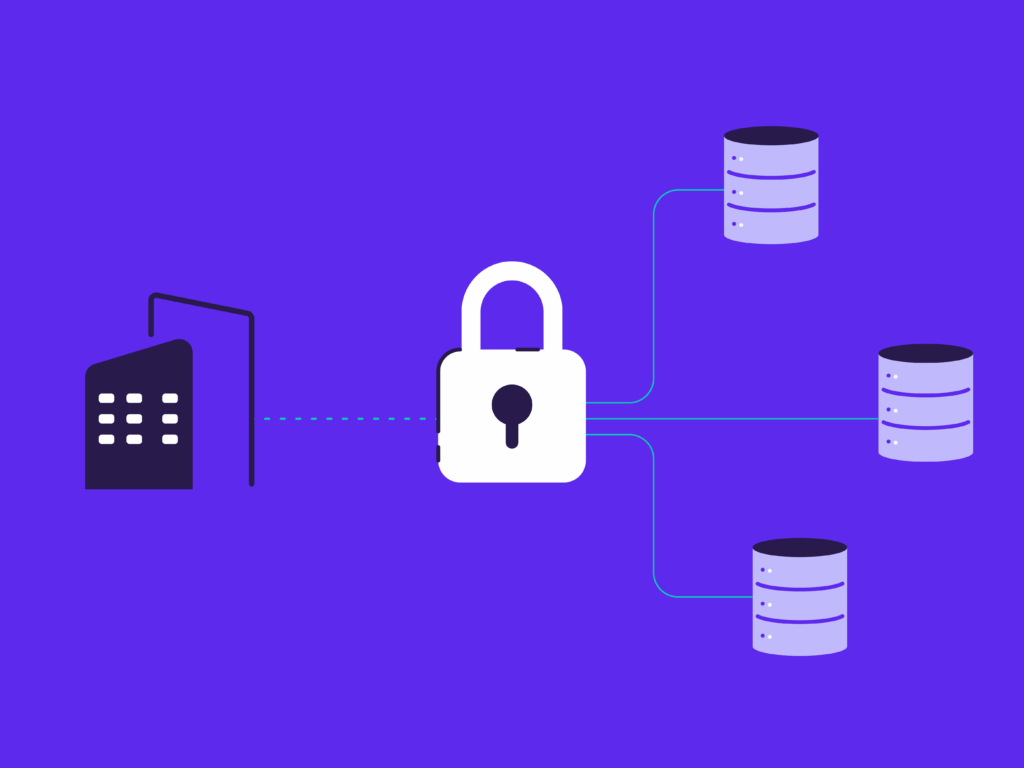In the MyData Matters blog series, MyData members introduce innovative solutions that align with MyData principles, emphasising ethical data practices, user and business empowerment, and privacy.
Every day, billions of people hand over intimate details of their lives to companies that use this data to manipulate their behavior, sell their attention, and trap them in digital ecosystems they can’t escape.
This isn’t new. MyData’s 2023 essay Towards Network-based Ecosystems outlines a response to powerful centralized data warehouses used to track, target, and exploit individuals online. The authors propose an ecosystem with data intermediaries to help decentralize the data processors and remediate the inherent power imbalance between corporations and individuals. We have been thinking along these same lines at Yorba and have embraced our role as an intermediary.
Intermediaries of the past have used their position to become indispensable. For example, the Microsoft Windows API was the standard intermediary between hardware and software until open web standards became popular. Bill Gates understood the threat the web posed – so much so that he personally wrote “The Internet Tidal Wave” in 1995 to redirect the entire executive staff within Microsoft. He knew that Windows would become irrelevant if data could freely flow between applications without a single choke point.
Web 2.0 arrived some years later, predicated on this idea; open protocol would serve as the foundation of free-flowing data. Unsurprisingly, what ensued was a land grab where companies fueled by exorbitant capital leveraged network effects to establish new choke points. From financial data to social data, large internet companies collated personal information from different sources and then worked to make interoperability harder through both technical and legal means.
The complex and slow blockchain technologies that followed were seen by some as a way to combat these so-called data silos. Exorbitant capital once again flowed into blockchain companies, hoping to capitalize on angry customers who now felt trapped. At the same time, activists did the real work of pressuring lawmakers to provide protections for the sovereignty and privacy of individuals. This legislative effort laid the groundwork for the simpler, faster, and far more democratic solutions available to us today.
An early example remains the now-ubiquitous mailing list unsubscribe buttons. This effort can be seen as a result of internet RFCs 2369 and 8058 coupled with the CAN-SPAM Act in the United States and the General Data Protection Regulation (GDPR) in the European Union. The GDPR, along with legislation like the California Consumer Privacy Act (CCPA) and Brazil’s General Personal Data Protection Law, laid the groundwork for innovations like Data Rights Protocol, Your Digital Rights, and Yorba’s own Delete Desk.
I could also mention the W3C’s Global Privacy Control, which “was originally created to take advantage of new opt-out privacy laws in the United States.” Or the products like Data Brokers Watch, which was partially enabled by Vermont’s Data Broker Registration (2018). The significance of agent provisions in the CCPA and GDPR shouldn’t be overlooked, nor should new standards and products emerging from now ubiquitous privacy policies and terms and conditions.
This time it really can be different. But the intermediaries must be better. We must be as consequent as the legislation that has reframed our moment. That’s why Yorba is investing in open ontologies and local-first approaches to data storage. Data can flow more freely and the permissions infrastructure has matured to the point that it’s possible. It’s up to us to build it.
Author: David Schmudde, Co-Founder & CTO at Yorba
About Yorba:
Yorba is an online tool for people who want an easier way to manage their accounts, subscriptions, and inbox.
Organize your online life: easily cancel subscriptions, avoid surprise charges, delete old accounts, stop unwanted emails, and feel in control of your digital footprint.
Yorba was honored with the MyData Awards in both 2024 and 2025 for its outstanding contributions to advancing human-centric solutions.

